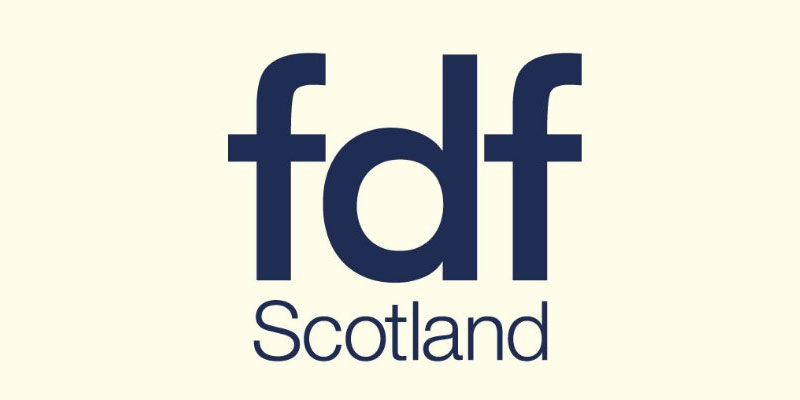Food and drink manufacturers have called for greater collaboration with governments across the UK to unlock higher levels of private sector investment, to stimulate growth and safeguard the country’s long-term food security.
This follows the publication of the Food and Drink Federation’s state of the industry report for Q1 2024, which found that half of food and drink businesses plan to maintain low levels of investment this coming year. This is against a backdrop of significantly lower levels of investment in food and drink manufacturing, the UK’s largest manufacturing sector. In recent years a series of shocks have faced the sector – Brexit, a global pandemic, geo-political unrest, extreme weather conditions, and inflationary pressures not seen before in a generation – resulting in investment in food and drink manufacturing falling by 30% since 2019.
This is in sharp contrast with the rest of manufacturing which saw investment grow by 5% in the same period. Regulatory burdens and higher than the national average labour shortages continue to hamper the industry, with restructuring operations emerging as a top-three priority for a third of manufacturers this quarter.
While food price inflation has fallen from its peak of close to 20% last year, to 4.0% in March, cost pressures are still present with manufacturers reporting costs have risen by 9.2% over the year to March.
Food and Drink Federation Scotland’s chief executive officer David Thomson commented: “Business confidence and investment are essential for stimulating growth of Scotland’s largest manufacturing sector and safeguarding the nation’s food security. Investment in our sector is down by a third compared with 2019, and our State of Industry Report has revealed that around half of food manufacturers across the UK have no intention of increasing their investment levels this year.
“If we are to build a sustainable and resilient food supply chain which supports the economy and feeds the nation, we need governments to work with us to help foster a climate which encourages greater capital expenditure and investment in innovation. We look forward to working closely with John Swinney, Kate Forbes and Mairi Gougeon to ensure our vital food and drink industry is a key part of Scotland’s economic growth plans.
“Our members, particularly the mid-sized businesses, continue to face some market uncertainty caused by labour shortages, and the impact of poorly designed and implemented regulations. This is having dire unintended consequences for businesses by adding costly and unnecessary burdens to supply chains.”
Manufacturers are still unsure about the costs of the Extended Producer Responsibility, a scheme to reduce the environmental impact of packaging on the planet. With UK government having yet to set fees for the scheme, businesses are left with a black hole in their budgets for 2025, with cost estimated to be £1.7bn.
Other regulation like the GB-wide ‘Not for EU’ labelling for products, which is meant to ensure that consumers in Northern Ireland continue to be able to access the full range of products sold across the United Kingdom, is unnecessarily adding cost and bureaucracy to the food chain at a time when businesses are trying to keep food prices down a low as possible. This policy would require manufacturers to run separate production lines for EU and UK markets, severely hampering investment, competitiveness, and our industry’s exports. FDF estimates this could cost the industry £150m to implement and a further £250m per year in ongoing costs.
Almost nine out of 10 food and drink manufacturers innovate internally, but securing more support from governments will cultivate more open innovation. Strengthening industry collaboration with governments, universities and research institutions using science and innovation will build greater resilience in the food supply chain in the face of extreme weather events. The State of Industry Report also found that with market conditions stabilising, the top priorities for the sector are growth and innovation, with 84% of businesses looking to grow UK sales and 53% focusing on new product development.




